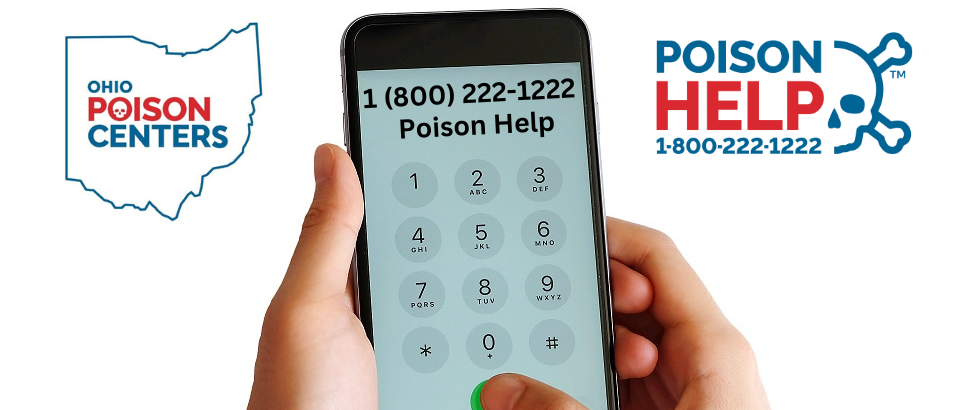According to the National Institute of Mental Health, Substance Use Disorder (SUD) is a treatable mental disorder that affects a person’s brain and behavior, leading to their inability to control their use of substances like legal or illegal drugs, alcohol, or medications.
Drugs of abuse include illegal drugs such as cocaine or heroin, prescription medications, over-the-counter (OTC) medications or a combination of all of the above. Overdoses of these drugs have increased, leading to over 11 deaths per day in Ohio alone.
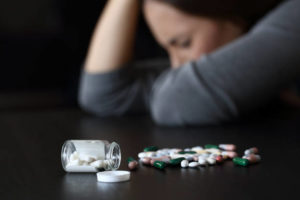
Prevention
Safe storage of prescription medications is one way to prevent medications from getting into the wrong hands. You can purchase a medication lockbox to store narcotic medications in a safe, reliable way. If you are no longer using a prescription medication or if the medicine has expired, you can safely dispose of the medication by dissolving the medication in warm water, adding it to coffee grounds or cat litter in a bag, and then throwing the bag into the garbage. You can also check with your local retail pharmacy for drug disposal centers or drug disposal bags.
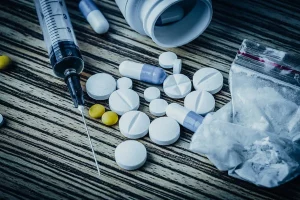
Symptoms of an Overdose
- Slow breathing (less than 1 breath every 5 seconds) or no breathing
- Vomiting
- Pale and clammy
- Blue lips, fingernails, or toenails
- Slow, erratic, or no pulse
- Snoring or gurgling noises while asleep or falling asleep
- No response when their name is yelled or if the middle of their chest if rubbed with knuckle
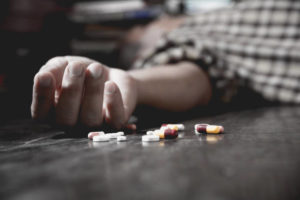
Risk Factors of an Overdose
- Mixing drugs such as alcohol and benzodiazepines (depressants that produce sedation and hypnosis) as they can affect a person’s breathing
- Tolerance (body’s ability to process a drug)
- Mixing fentanyl with street-sold heroin or cocaine can increase potency and dangers, including a risk of death
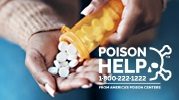
When should you call the Poison Center?
- When medication is given to the wrong child/adult
- When the wrong medication is given to a child/adult
- When the wrong dose is given (overdose)
- When a medication is given by the wrong route or using the wrong procedure
- When a medication is given at the wrong time

When should you call 9-1-1?
When you see signs of distress including:
- Loss of (change in) consciousness
- Blue color or difficulty breathing
- Difficulty swallowing
- Swelling of lips, tongue, or face, or drooling
- Seizure activity
- Rapidly spreading rash or hives
- Impaired speech or mobility
- Getting worse quickly

